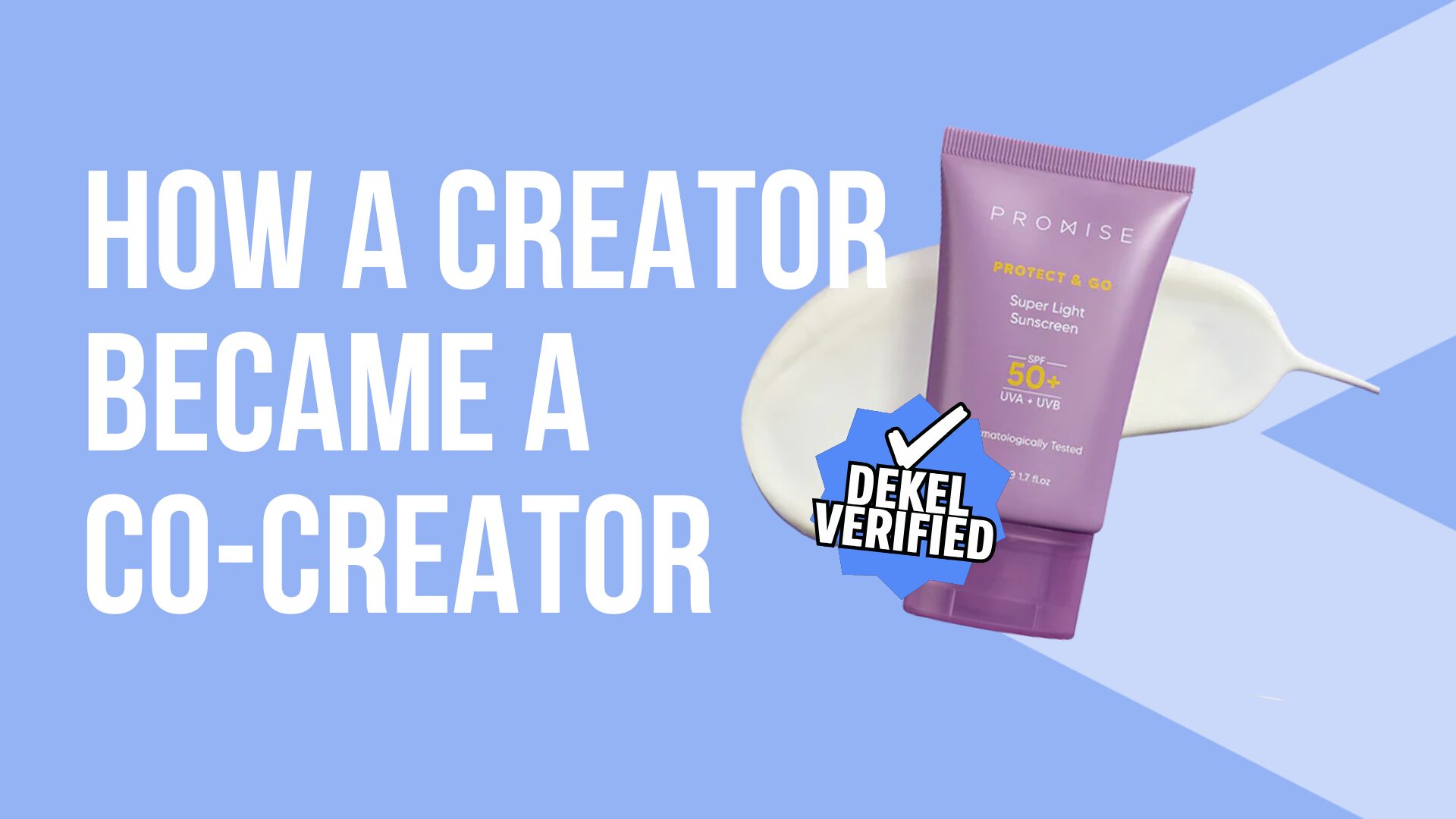Influencer marketing is one of the fastest evolving industries in the world and 2024 is no different, with South African marketers poised to witness some absolutely transformative trends this coming year. Brands are increasingly recognizing the power of building strong influencer partnerships and how they can help improve ROI. Something that’s especially important as they weather adverse economic decisions. As they do so, they are evolving their strategies and structures around these collaborations. From long-term contracts to a deeper focus on community engagement, 2024 will redefine the influencer-brand relationship.
a) 2024 will see a surge in competition to secure long-term contracts with influential creators.
Continuity in influencer partnerships not only enhances brand loyalty but also establishes a stronger, more reliable voice in the market. Because of that brands have begun to see more value in building consistent, authentic narratives with influencers. Meanwhile, the most recent data shows us that both CPEs and CPMs are rising. As brands move away from just running sporadic, short-term campaigns to longer collaborations, the competition to secure the most influential creators within each brand’s particular niche will heat up. This will lead to longer-term contracts as brands seek to secure better deals for themselves and influencers look for additional economic security.
b) Influencer effectiveness won’t just be hoped for but will become contractually stipulated.
As the industry matures, it has taken on a more analytical approach to influencer marketing. Contracts in 2024 will be expected to include clearly defined, performance-based clauses. These ensure clear goals for the influencer and a tangible ROI for brands. These clauses could include bonus compensations for exceeding KPIs or minimum performance requirements or, most likely, some combination of both.
c) 2024 will witness a rise in more structured proposals from content creators.
With more and more influencers wanting to work with the limited number of existing brands, they will have to find ways to distinguish themselves in a saturated market. One of the ways they’ll do this is through proposals that focus on maintaining authenticity and building trust with audiences. (Something that’s especially as the need to differentiate from AI-generated content grows.) Influencers will structure these proposals in ways that emphasise partnerships that align with their personal brand and resonate with their followers, ensuring genuine engagement over superficial metrics.
d) Influencer campaigns will become more focussed
With brands looking to make their influencer strategies ever more effective, they’ll move away from “one-size-fits-none” campaigns to tightly focussed campaigns designed to achieve very specific goals. This will mean a distinct separation between content-focused and sales-driven briefs. Content briefs will concentrate on creating branded assets for social media and advertisements, while sales briefs will be geared towards driving traffic and leads.
e) The ability to talk to specific communities will become more important than follower count.
South Africa is blessed with a massive cultural and linguistic diversity. But this often means that brands just default to talking English to try to reach as large a target
market as possible. But studies show that talking to someone in their primary language is more effective and persuasive. Likewise, creators who speak to well-defined, niche communities foster deeper connections with their followers than those that speak to broader markets. Not just because of their ability to speak the same language but also because they can tap into specific cultural nuances.
f) Affiliate and Reward-Based Programs will become more popular.
This approach allows brands to both drive customer acquisition and have tighter, more performance-based relationships with influencers.
By incentivising individuals to share their product experiences on social media, brands can leverage their authentic, peer-to-peer recommendations to drive sales, effectively turning consumers into micro-influencers. The performance-based nature of these programs also allow influencers who genuinely love a brand to both positively impact its bottom line and earn some money for themselves while doing so. And it means the brand can reward those who deliver results and know who’s worth investing a relationship with.
As we head into 2024, South African influencer marketing is embracing a broader shift towards authenticity, performance accountability, and community engagement. For marketers, this evolution will provide not just challenges but also opportunities to innovate and deepen their influencer strategies, so they can ensure that they remain relevant and effective in an increasingly digital and interconnected world.











